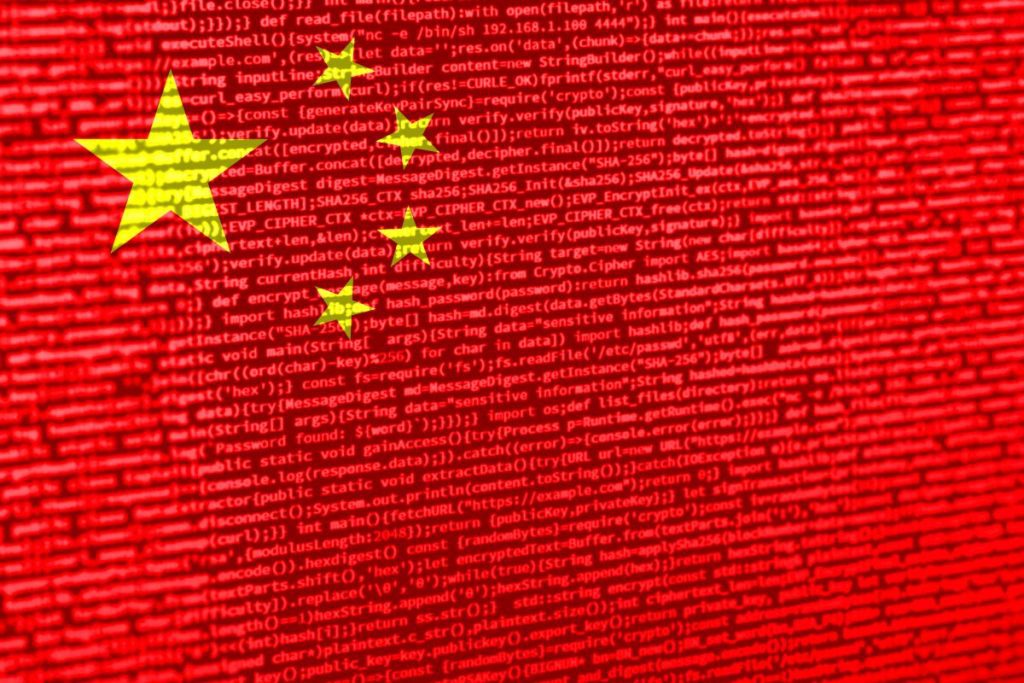
Last week, China revealed its national ‘AI+ Initiative,’ mandating AI integration across the entirety of its economy within five years, yet Beijing’s sweeping state-led vision could be anchored by scrutinizing investor distrust towards AI for economics.
Last quarter, venture capital in Chinese tech startups ecosystem plummeted to a decade low of $4.7 billion last quarter alone – a sluggish growth eroding investor confidence.
Beijing’s new AI effect on economy plan, released by the State Council, depicts a future where AI can pass through scientific research, governance, manufacturing, and urban life.
The plan calls for AI powered assistants in factories, municipal services, and “smart city” infrastructure capable of optimizing traffic flows and energy systems in real time. It brings out an earlier success story, China’s “Internet+” push of the mid-2010s, which rapidly transformed the internet economy.
But this time, the world’s second biggest economy’s foundations are far less secure, threatened by a continuing exodus of elite engineers to better funded firms in the US, crippling China’s capacity to develop – and sustain – AI systems needed for its grand AI in economics blueprint.
How Will AI Affect the Economy in China?
The ‘AI+ Initiative’ is built on a familiar plan, strong government signals, private capital mobilization, local experimentation, and fierce competition among regions.
At its core, it is the very same formula that helped propel China’s internet boom, where startups scaled quickly, and tech giants aligned closely with Beijing’s priorities.
But in today’s world, implementing an AI usage policy for GDP growth holds more depth to it, and it’s not necessarily always good.
Venture capital’s investment in the country’s startups fell nearly 50% in early 2025, to just $4.7 billion in the second quarter (Q2), the lowest point in a decade. Investors are spooked by this sluggish growth, companied by China’s center for AI and digital policy which is exposed to tighter regulations and geopolitical headwinds.
A second danger to China’s AI-powered smart cities ambitions is brain drain, as its top engineers and researchers seek opportunities elsewhere. With limited funding at home and uncertainty, top-tier engineers are migrating towards US and European tech companies.
And fueling the digital economy is not just limited by the brain drain, but also Beijing’s ability to retain world top talent from abroad is mushrooming the knowledge gap between China and global competitors at an accelerated rate.
Unlike delivery food and any hybrid AI market opportunity or mobile payment apps, where capital accelerated working technology once validated, AI for economics integration means years of study and use in specific environments.
A hospital, for instance, cannot simply have ChatGPT and declares itself capable, it takes constant development for compliance, incorporation in workflow, and dependability.
So, how has information technology impacted the economy in China over the past decade?
Beijing’s “Made in China 2025” initiative, cloud computing adoption, big data, AI, and Internet of Things (IoT) drop revenue at an 8.2% annualized rate. And the IT sector was one of the biggest perpetrators of this spike.
IT investments supported sectors’ productivity and economic restructuring towards a more service-oriented economy.
But despite all that, Chinese youth unemployment rose above 17%, weakening consumer confidence. Export controls and tariffs continue to weigh on its tech economy, while mounting government debt, constraining the ability for private sector shortfalls’ compensation.
US Tech Tycoons Have Got the Economics of AI Wrong
US tech tycoons, like Microsoft’s Satya Nadella, misinterpreted the AI for economics competition with China by invoking the Jevons paradox – efficiency gains will push total market demand to benefit all player.
The mistake made by US tech tycoons is that this optimistic spirit completely disregards China’s strategic advantages. For Beijing, the presence of technology in the economy means AI progress, massive state-backed investment in computing infrastructure, and worthy 90% AI integration across 90% of its economy by 2030.
To drive its economic might, China’s focusing on AI for economics as a commodity for transformation contrasts with the US private sector’s often fragmented approach. Dismissing Beijing outright would also be a mistake and Washington’ policymakers have in the past underestimated China’s capacity to create 5G, robotics, and industry technologies.
Tech CEOs sometimes present AI as a prosperity machine that auto-mates, but China’s experience illustrates reality, AI at scale is less hype and more fundamentals, investing for the long term, and considered integration into real industries.
Inside Telecom provides you with an extensive list of content covering all aspects of the tech industry. Keep an eye on our Intelligent Tech sections to stay informed and up-to-date with our daily articles.